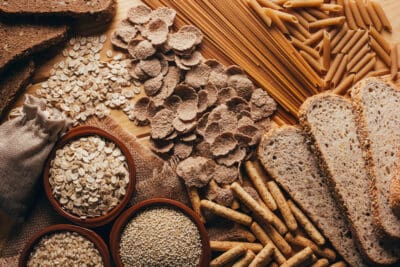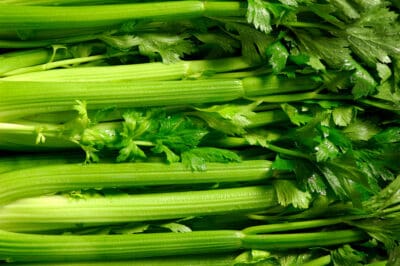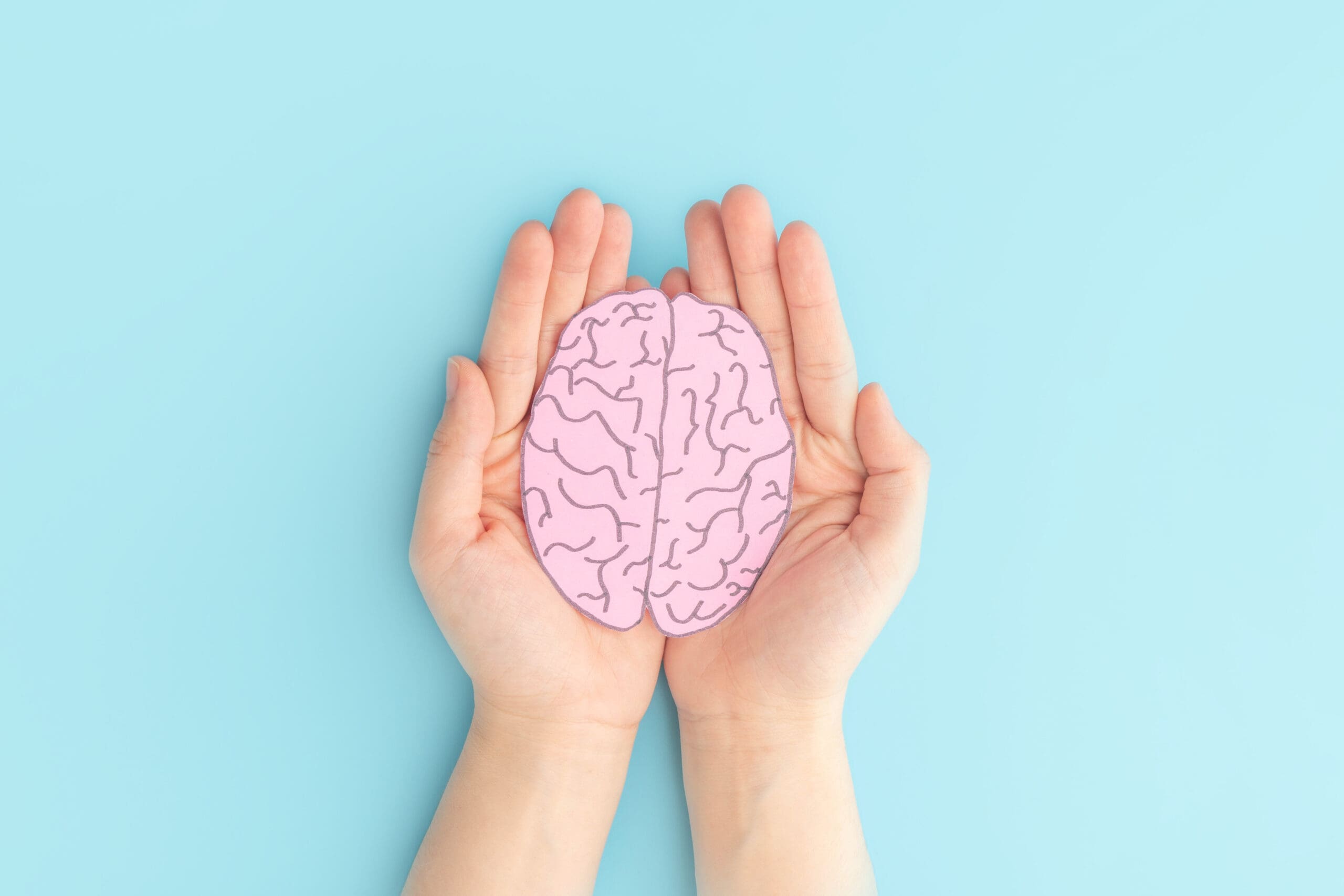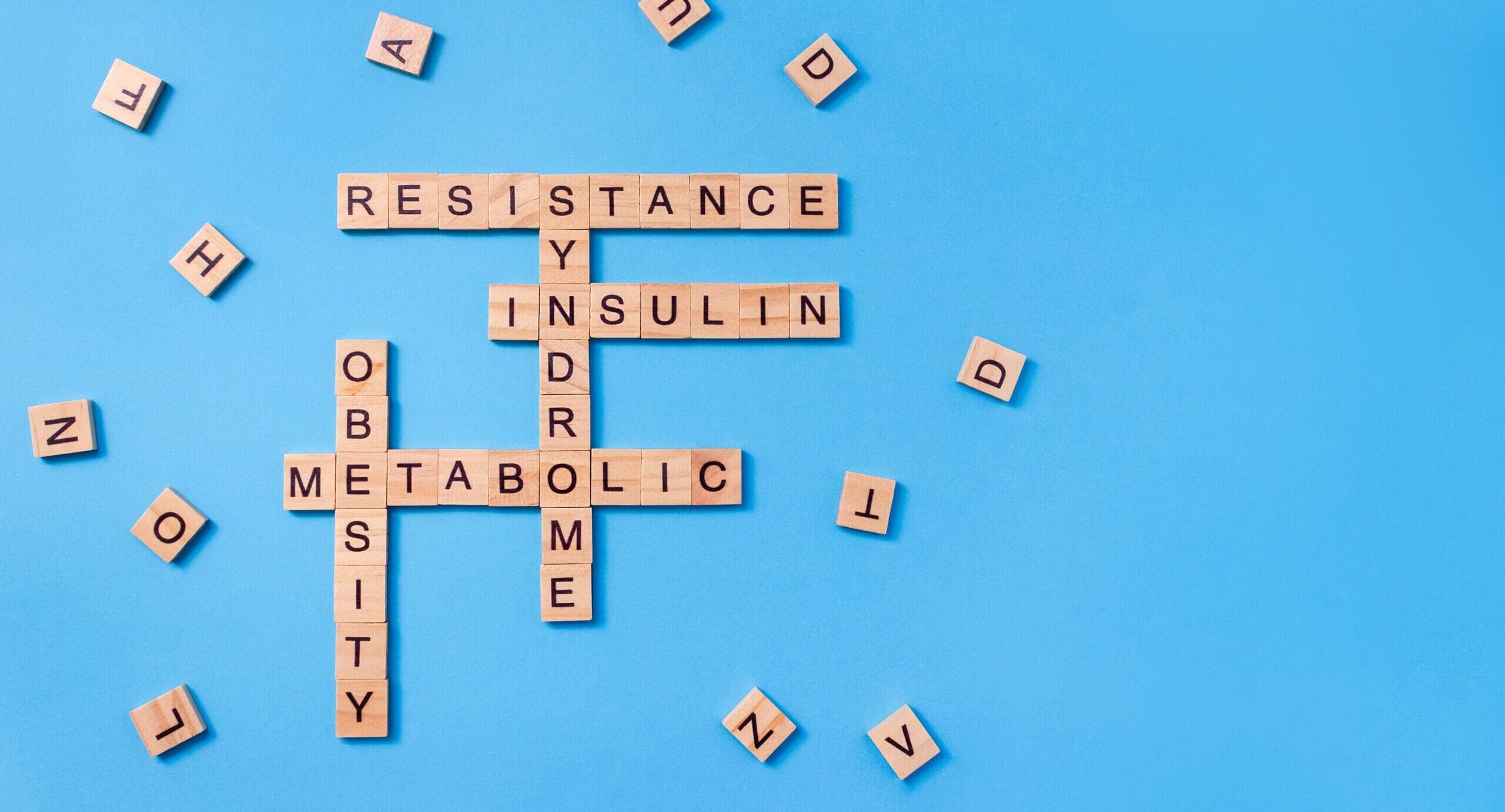Gout raises the risk of heart disease
By naturopath Margaret Jasinska
Did you know gout doesn’t only cause painful arthritis in the feet? It actually places your heart at risk. Elevated uric acid is usually an indicator of metabolic syndrome, or insulin resistance. This is the leading risk factor for heart attacks and strokes.
People with gout are 58 percent more likely to develop cardiovascular disease. The increased risk was seen across 12 different cardiovascular conditions, including heart failure, arrhythmias, and valve diseases.
According to Nathalie Conrad, PhD, senior author of the study, “These findings suggest that the organ damage associated with gout is likely to be much broader than originally thought”.
This new study included more than 862,000 people, which allowed researchers to investigate rarer heart diseases such as myocarditis and pericarditis. Patients with gout were compared with almost 710,000 controls, matched by demographic factors such as age, gender, and geographic region.
The researchers investigated the incidence of 12 different cardiovascular diseases. The findings were published in the March 2024 issue of The Lancet Rheumatology.
There was a higher incidence of all 12 heart conditions in people with gout. The association was more pronounced in women than in men and gout amplified the risk for heart disease in younger people to a greater extent.
Those younger than 45 years with gout were more than twice as likely to develop cardiovascular disease compared with similarly aged people without gout.
People with gout had higher rates of related conditions, including high blood pressure, obesity, and elevated blood fats. The study authors concluded with: “Every possible cardiovascular disease that they could think of was something that gout patients had more of than the non-gout patients”.

Alcohol makes gout, fatty liver and insulin resistance worse
The more alcohol you drink, the greater your risk of gout. Beer is the worst type of alcohol, followed by spirits and wine.

Sugar raises the risk of gout and heart disease
Fructose is the specific sugar most strongly linked with gout. That’s because in order to use it for energy, your liver must first convert the fructose to glucose. This process creates uric acid. That means it’s important to avoid foods that contain sugar, high fructose corn syrup or fructose. Consuming too much carbohydrate in general will also make you more prone to gout. That means it’s best to reduce your intake of bread, pasta, breakfast cereals and any food that is made of flour. This is an effective way to lose weight too and there’s an eating plan plus recipes in Dr Cabot’s weight loss book.

Keep your carbohydrate intake low
Many people cannot handle common levels of carbohydrate in their diet. They oversecrete insulin in response to eating carbs and they are less likely to feel satisfied after a meal, therefore tend to overeat. This can lead to insulin resistance/metabolic syndrome, which impairs the body’s ability to excrete uric acid. That means carbohydrate needs to be restricted in the diet. It is best to get your carbohydrate from vegetables, while basing your diet on protein and natural fats.

Caffeine reduces your body’s ability to excrete uric acid.
Therefore it’s important to cut down on coffee, tea, energy drinks and other sources of caffeine if you are prone to gout attacks.

Foods high in purines are best avoided during a gout attack
Purines are natural compounds found in some protein rich foods; for example oily fish (herrings, anchovies, sardines), offal (especially liver) and lentils. Ordinarily these are healthy foods, but they should be avoided during a gout attack.

Celery is your best friend during a gout attack
Celery is a natural diuretic and supports healthy kidney function. You can include celery in raw vegetable juices, eat it raw in salads or cooked in soups. Dr Cabot’s book, Raw Juices Can Save Your Life, contains a vast array of healthy raw juice recipes. If you add a scoop of Superfood powder to your juice, you’ll be adding potent antioxidants that reduce inflammation in your body.









Leave A Comment